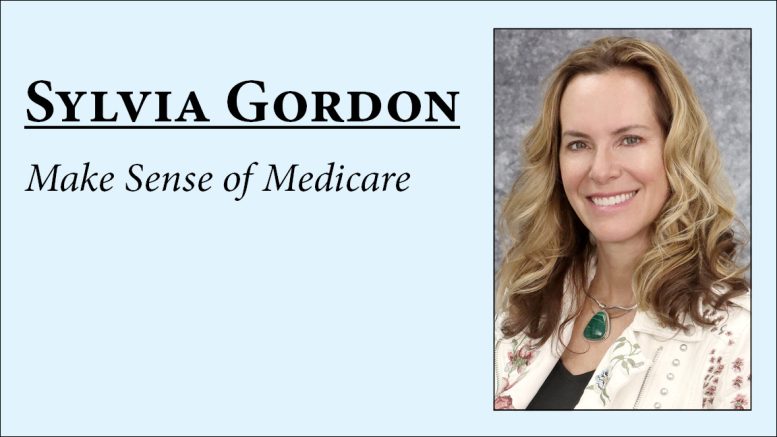Many people wake up in the middle of the night like my mom did a few years ago.
She had classic symptoms of a heart attack and quickly called 911. Luckily, the emergency room doctor diagnosed her with heartburn. The symptoms of the two conditions share many similarities. It’s better to rush to the ER and be embarrassed later that it was only acid reflux, than be dead. On this we can all agree.
But many insurance carriers are not pleased when a member goes to the ER for a non-emergency. They are so very not amused that they have been denying those claims. A quick Google search “insurance company being sued for nonpayment of ER claims” will show you that this is a widespread problem not limited to one carrier or state.
Medicaid in several states will charge a member a higher copay for an “inappropriate visit” and then keep increasing the copay each subsequent non-emergency visit.
A visit to the ER is much more expensive than urgent care, sometimes as much as 10 times more.
I took my son to the ER because he was doubled over in pain for hours. He didn’t have a fever, but his stomach was painful to the touch. I expected appendicitis and came away with laxatives and a doctor who said the pain was nothing to laugh about (although we were laughing). If I’d gotten a bill for that unnecessary ER visit and had to pay it all out of pocket, I’d have been furious. As it was, I had to waste $500 because the kid hadn’t been drinking enough fluids.
When selling health and Medicare insurance plans, you should share this with your clients. My clients have quickly responded, “Are you telling me to wait till the morning and see my primary care doctor to save money – when I could die?” I am not asking my clients to do anything. I want them to know how insurance works and make their own best guess how to proceed.
Urge your clients who have been hesitant to explore 24/7 Nurse Lines and TeleDoc services to give them a try. Then explain the difference between urgent care centers and ER. Ultimately your client must make the call whether to go to an ER or elsewhere, but first they must be educated on this situation.
Sylvia Gordon is co-founder of The Medicare Family, headquartered in Noblesville, where she educates thousands on Medicare and Social Security in all 50 states. You can learn more at TheMedicareFamily.com.

